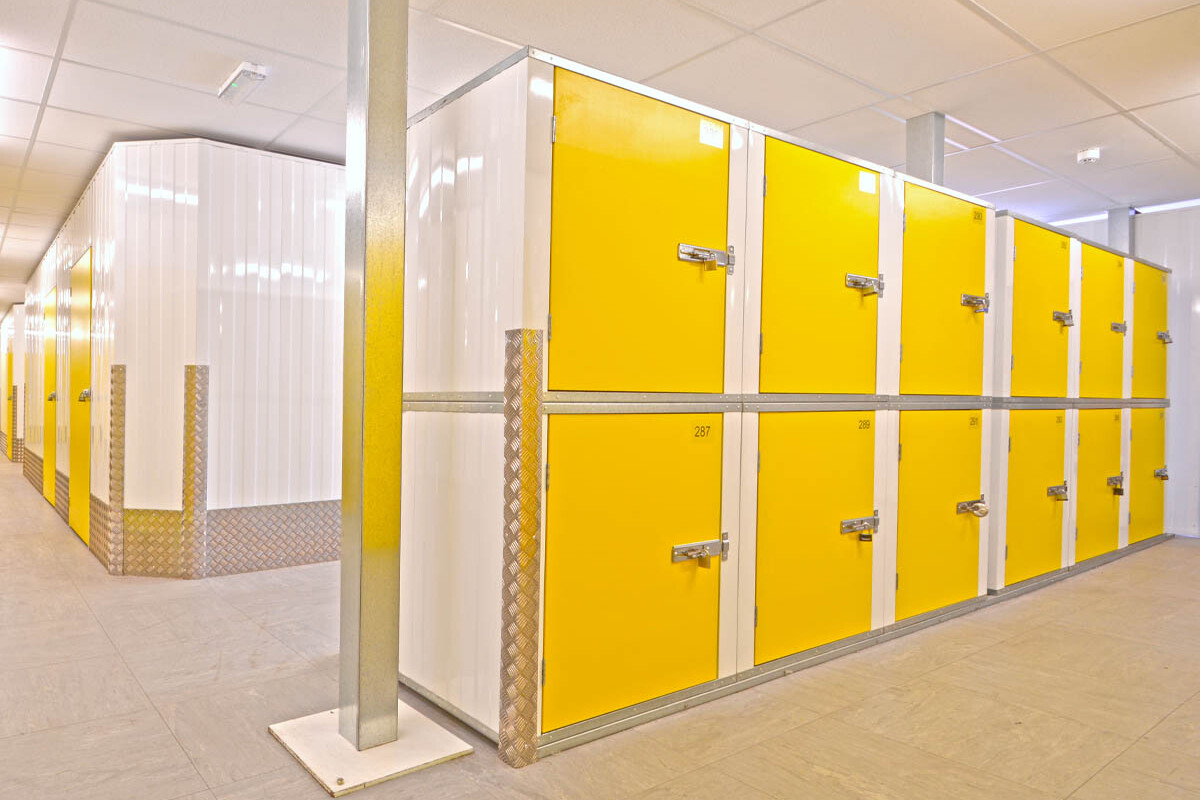Running a business in a busy city like Delhi presents its own set of logistical hurdles. Among the most common and often most frustrating challenges is managing inventory without having access to a traditional warehouse. Warehouses are often expensive, inflexible, and located far from the commercial hubs of the city. For many small and medium-sized business owners, freelancers, or startup entrepreneurs, the need for space is real, but the cost and commitment of a warehouse are simply too high. That’s where flexible storage alternatives come in.
Understanding Your Real Storage Needs
Before exploring options, the first step is to assess what kind of inventory you need to store. Are you holding products like clothing, electronics, or books? Do you have seasonal items or promotional stock that only needs temporary space? Is your inventory fragile, bulky, or sensitive to temperature? Understanding these basic requirements will guide you toward finding a solution that suits your needs without locking you into a space that’s either too large, too remote, or too costly. In Delhi, with space at a premium, smarter use of smaller, managed units can offer the perfect balance.
Why Traditional Warehousing May Not Be Ideal
Warehousing is often considered the go-to for inventory management, but it doesn’t work for everyone especially in a city like Delhi. Warehouses typically require long-term commitments and may charge hefty security deposits. They are also commonly located on the outskirts of the city, such as in areas like Bawana, Okhla, or Narela, making them difficult to access regularly if your business is located elsewhere. Commuting long distances just to pick or restock inventory wastes valuable time and adds operational costs. Moreover, most warehouses come with rigid space sizes, which means you’re stuck paying for more space than you may actually use.
The Rise of Self-Storage as a Smarter Alternative
This is where self-storage solutions have begun to change the game for Delhi-based businesses. Self-storage units are secure, private spaces that you can rent on a monthly or even weekly basis. These units are located in accessible parts of the city and are available in various sizes, from small lockers to larger cabin-sized rooms. The storage provider handles all of it, so you do not have to pay for additional security, hire employees, or handle upkeep. This model is particularly attractive for e-commerce sellers, small traders, remote workers, and even home-run businesses.
How the Process Works in Delhi
It is very easy to reserve a self-storage unit in Delhi. You first choose the size of the unit you need, and many providers even allow you to upgrade or downgrade depending on how your inventory changes. Once you’ve selected a plan, you typically submit basic KYC documents, pay a small deposit or first month’s rent, and receive access to your unit. Some facilities are accessible 24/7, while others operate during fixed business hours. In some cases, companies even offer mobile apps or web portals where you can manage your storage remotely.
What Type of Business Inventory Can Be Stored
Almost anything that is legal and non-perishable can be kept in a self-storage container. Common inventory stored by businesses includes packaged goods, apparel, office supplies, promotional materials, printed merchandise, event equipment, documents, and electronic items. However, flammable goods, food items that spoil, live animals, and narcotics are strictly prohibited by law and by most storage providers. Always check the provider’s policy before signing an agreement.
Importantly, you can get more information by connecting with Check self storage Delhi to know more
Add-On Services That Make Business Easier
One of the most useful features offered by some self-storage companies in Delhi is logistics support. You no longer need to physically visit your unit every time you have to dispatch an order or pick up inventory. Door-to-door pickup and delivery services are provided by certain suppliers. For instance, if you sell products online through platforms like Amazon or Flipkart, the storage provider can help you fulfill those orders directly from your storage unit. This not only saves time but also allows you to operate your business more efficiently without investing in delivery staff or a physical storefront.
Cost Efficiency and Flexibility
In terms of cost, self-storage solutions are significantly cheaper than full-fledged warehouses. In Delhi, you can find storage units starting as low as ₹2,000 per month depending on size and location. More importantly, you’re not locked into long-term contracts. You can rent the space for just one month, extend if needed, or shift to a larger or smaller unit as your inventory changes. This level of flexibility is ideal for startups or businesses going through fluctuating sales seasons.
What to Look for in a Storage Provider
Location need to be the primary consideration when selecting a storage provider. Look for one close to your office or distribution area. Security is equally important, so ensure the facility has CCTV surveillance, biometric access, and fire safety equipment. Also, check if insurance is available or if you can insure your stored items separately. Look for transparency in pricing and contract terms so that you don’t end up facing hidden charges or conditions later on.
Practical Tips from Delhi Entrepreneurs
Business owners who’ve successfully used self-storage often suggest labeling every box and using transparent containers for easy visibility. Make use of vertical space within the unit by adding shelves or stackable bins. Schedule regular visits to audit your inventory if you don’t use managed services. These small habits help keep things organized and avoid any last-minute surprises.
Final Thoughts: Run Lean, Stay Smart
You no longer need a warehouse to store your business inventory in Delhi. Self-storage units are emerging as a smarter, safer, and more flexible way to manage goods, especially in a fast-moving city where space is expensive and time is limited. Whether you’re running an online store, managing seasonal stock, or scaling up operations, these services let you focus more on growth and less on logistics. With the right provider and a clear understanding of your needs, you can store your inventory efficiently without ever having to sign a warehouse lease.
Also check : How Delhi’s Small Businesses Can Save Costs with P2P Self-Storage



